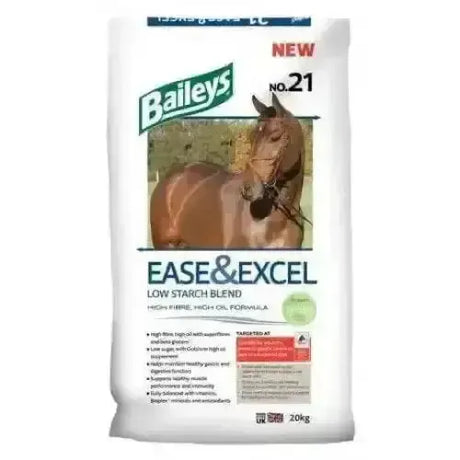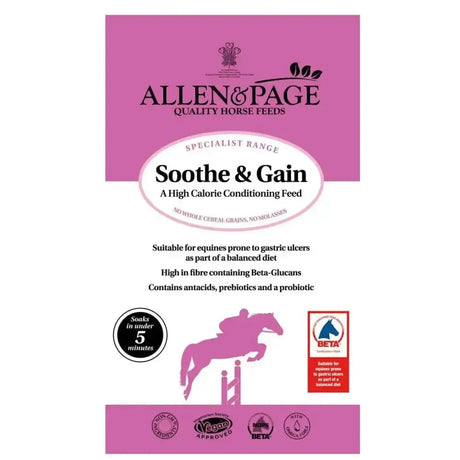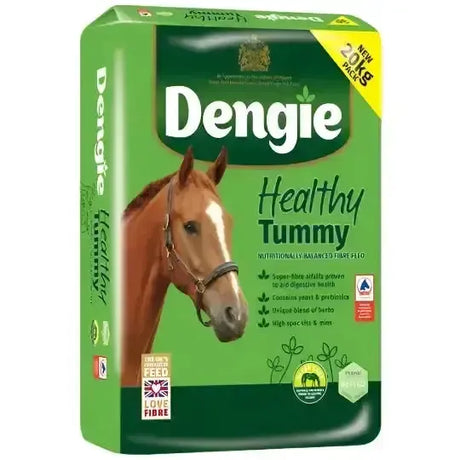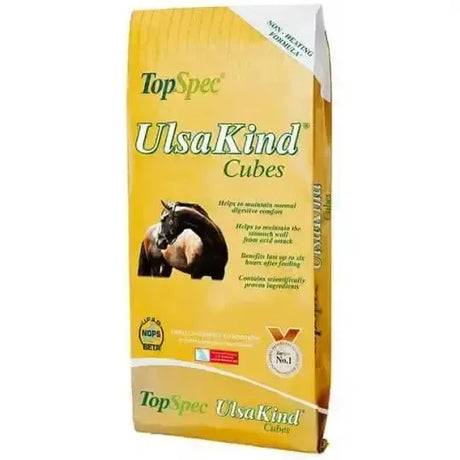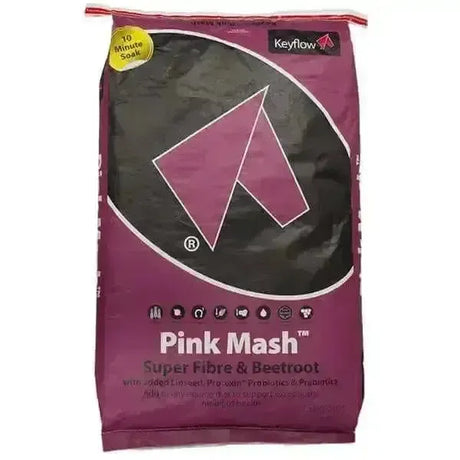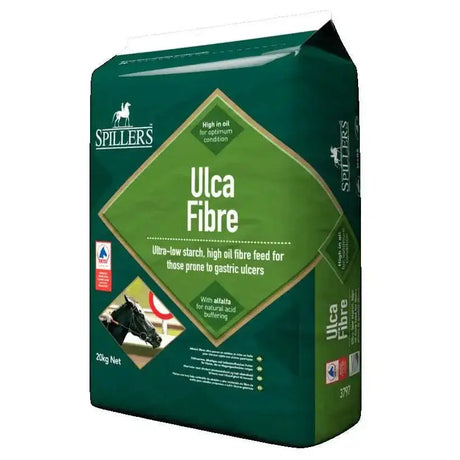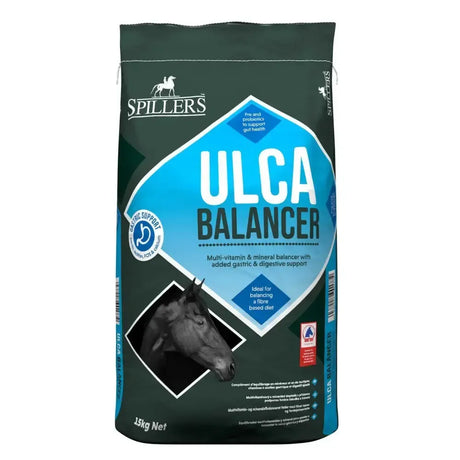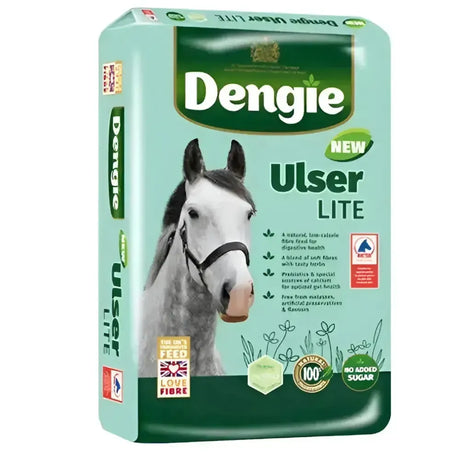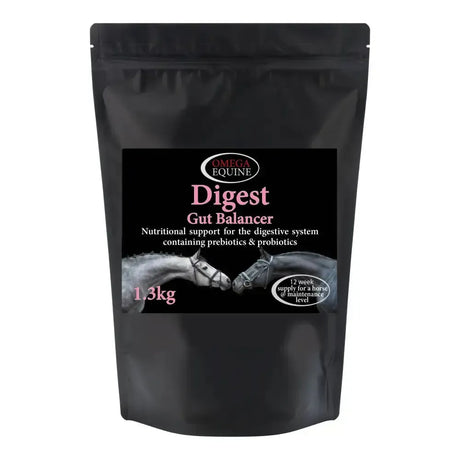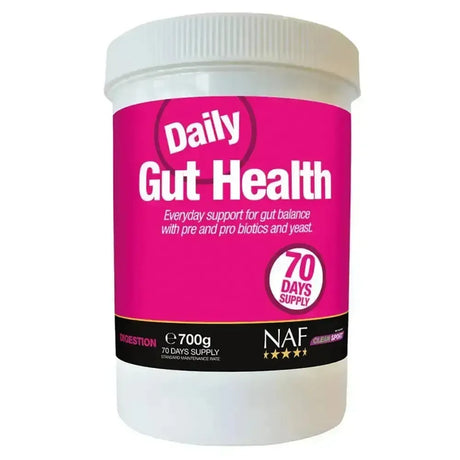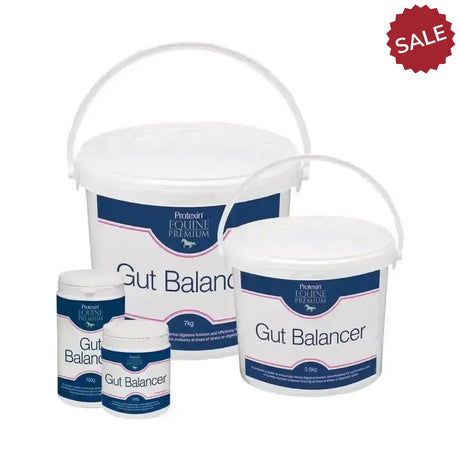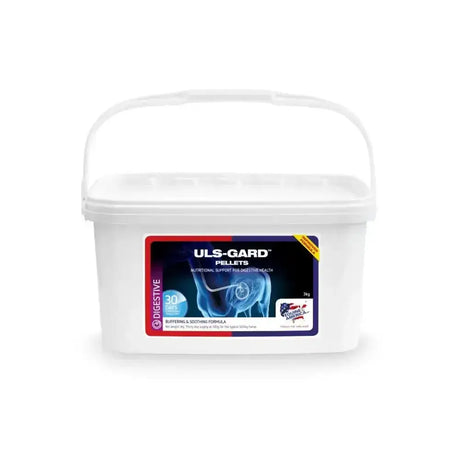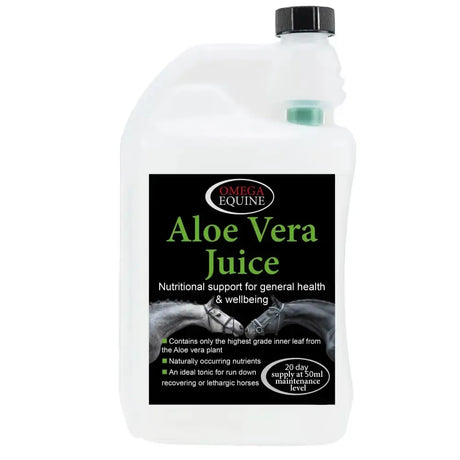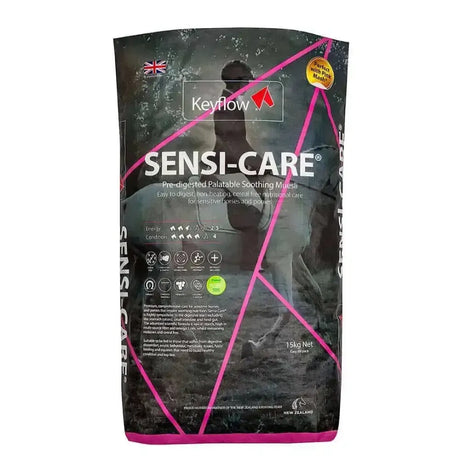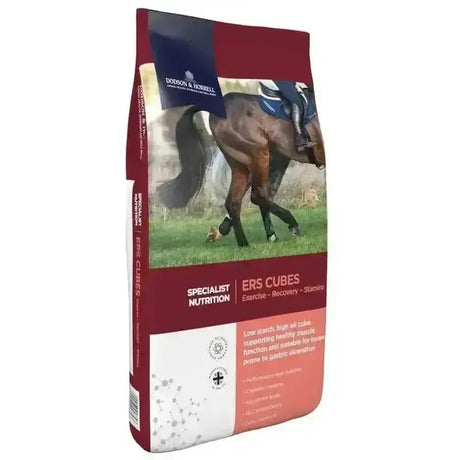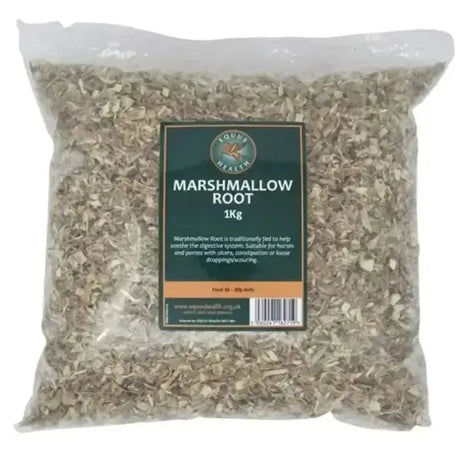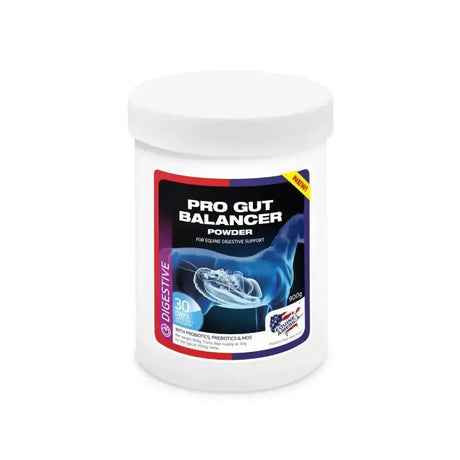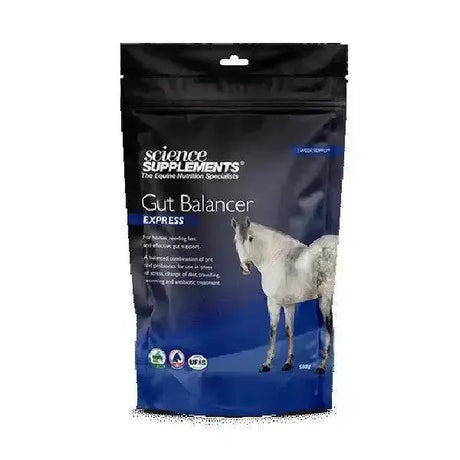Ulcers In Horses
Ulcers in horses, specifically gastric ulcers, are a common and significant health issue that can affect horses of all ages and disciplines. Gastric ulcers are sores that develop on the lining of the stomach due to the erosion caused by stomach acid. They can cause discomfort, pain, and a range of gastrointestinal symptoms.
Causes of Gastric Ulcers in Horses
-
High Concentrate Diets: Diets high in grains and low in roughage can lead to increased acid production and decreased stomach pH, contributing to ulcer formation.
-
Intense Exercise: Horses in regular, intense training or competition are at higher risk due to the increased abdominal pressure and reduced blood flow to the stomach lining during exercise.
-
Inadequate Forage: Lack of continuous access to forage (hay or pasture) can lead to prolonged periods of stomach acid exposure.
-
Stress: Changes in environment, travel, or other stress factors can increase acid production and contribute to ulcer development.
-
Medications: Non-steroidal anti-inflammatory drugs (NSAIDs), such as phenylbutazone or flunixin, can reduce the stomach’s ability to protect itself from acid.
-
Parasites: Heavy parasite burdens can irritate the stomach lining, increasing the risk of ulcers.
Symptoms of Gastric Ulcers
Symptoms can vary, but common signs include:
-
Change in Behavior: The horse may become irritable, aggressive, or have a reduced appetite.
-
Poor Performance: Decreased performance or reluctance to work, often due to discomfort.
-
Weight Loss: Unexplained weight loss or poor body condition.
-
Colic: Signs of abdominal pain or discomfort, such as rolling, pawing, or looking at the flank.
-
Dull Coat: A lack of shine or a rough coat can be a sign of discomfort.
-
Change in Eating Habits: The horse might eat less or have a reduced interest in feed.
Diagnosis
Diagnosing gastric ulcers typically involves:
-
Clinical Signs: Observing the symptoms and behavior of the horse.
-
Gastroscopy: The most accurate method for diagnosing ulcers involves using an endoscope to visually inspect the stomach lining. This procedure allows direct observation of the ulceration.
Treatment Options
-
Medication:
-
Proton Pump Inhibitors (PPIs): Medications like omeprazole (GastroGard or UlcerGard) are effective in reducing stomach acid production and promoting healing of ulcers.
-
H2-Receptor Antagonists: Drugs like ranitidine or cimetidine also reduce acid production but may be less effective than PPIs.
-
Antacids: Products like aluminum hydroxide or magnesium hydroxide can neutralize stomach acid, providing symptomatic relief.
-
Dietary Management:
-
Increase Forage: Providing continuous access to hay or pasture helps buffer stomach acid and promotes normal digestion.
-
Reduce Concentrates: Minimize the amount of grain or high-starch feeds. If concentrates are necessary, feed smaller, more frequent meals.
-
Manage Stress:
-
Reduce Stressors: Minimize changes in routine, ensure proper turnout, and use calming strategies if needed.
-
Proper Management: Consistent handling, environment, and exercise routines can help manage stress.
-
Alternative Therapies:
-
Supplements: Some supplements, such as those containing ingredients like aloe vera, slippery elm, or probiotics, may support gastric health and healing.
Prevention
-
Forage Access: Ensure that horses have constant access to forage to keep the stomach buffered and reduce acid exposure.
-
Diet Management: Balance the diet with adequate fiber and minimize the use of high-starch feeds.
-
Stress Management: Implement strategies to reduce stress, including proper handling, environmental management, and routine care.
-
Care with Medications: Use NSAIDs cautiously and consider using gastroprotectants if long-term use is necessary.
When to Consult a Vet
-
Suspected Ulcers: If your horse shows signs of discomfort, poor performance, or behavioral changes.
-
Diagnosis and Treatment: For a definitive diagnosis and to establish an effective treatment plan.
-
Ongoing Management: For follow-up care and adjustments to the treatment plan based on the horse’s response.
By addressing the underlying causes and symptoms, gastric ulcers can be managed effectively, leading to improved comfort and performance for the horse. Regular veterinary care and a balanced management approach are crucial in preventing and treating this condition.

